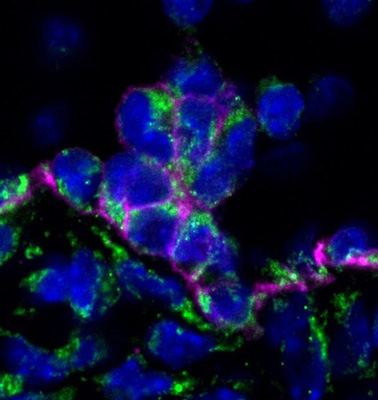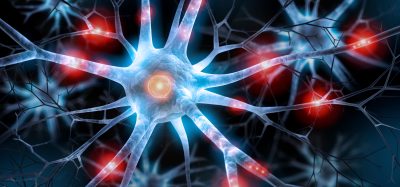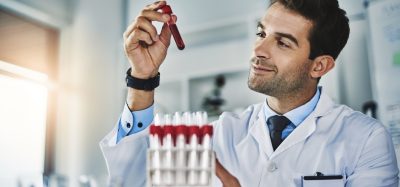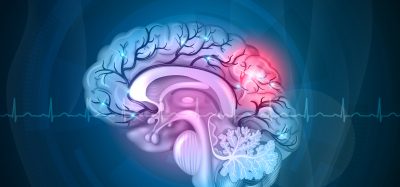Blood stem cells study could pave the way for leukaemia therapy
Posted: 10 March 2016 | Victoria White | No comments yet
Scientists are a step closer to creating blood stem cells that could reduce the need for bone marrow transplants in patients with cancer or blood disorders…


This image shows the formation of blood stem cells inside the embryonic vessel called dorsal aorta. In green is shown secreted molecule called NOGGIN, which plays an important role in this process. CREDIT: The University of Edinburgh
People with leukaemia could be helped by new research that sheds light on how the body produces its blood supply.
Scientists are a step closer to creating blood stem cells that could reduce the need for bone marrow transplants in patients with cancer or blood disorders. Enabling scientists to grow the stem cells artificially from pluripotent stem cells could also lead to the development of personalised blood therapies, researchers say.
Blood stem cells are found in bone marrow and produce all blood cells in the body. These cells – known as haematopoietic stem cells (HSCs) – help to restore blood supply in patients who have been treated for leukaemia.
Researchers used a mouse model to pinpoint exactly how HSCs develop in the womb. They showed for the first time how three key molecules interact together to generate the cells, which are later found in adult bone marrow.
Discovery could have an impact on other diseases that affect blood formation
The discovery could help scientists to recreate this process in the lab, in the hope that HSCs could one day be developed for clinical use.
Scientists say this fundamental understanding of early development may also have an impact on other diseases that affect blood formation and supply.
Commenting on the research, Professor Alexander Medvinsky, of the University of Edinburgh‘s MRC Centre for Regenerative Medicine, said: “There is a pressing need to improve treatments for diseases like leukaemia and this type of research brings us a step closer to that milestone. The more we understand about how embryos develop these blood stem cells, the closer we come to being able to make them in the lab.”







